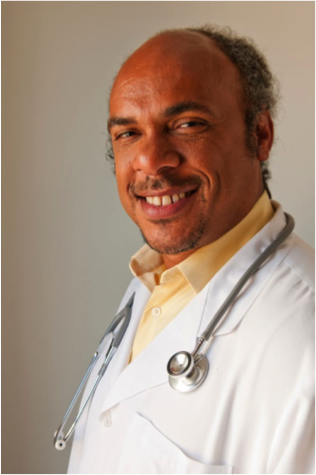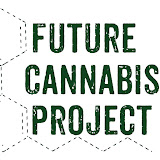
Dr. Jean Talleyrand, MD
Dr. Talleyrand is a pioneer Cannabis Specialist clinician. His experience spans nearly twenty-five years providing clinical guidance and consultation to patients using Cannabis. Dr. Talleyrand is part of a well-balanced clinical research team. His contributions to Cannabis science involve community product categorization and user stratification. Dr. Talleyrand trained at the University of California, San Francisco Medical Center, receiving board certification in Family and Community Medicine. He currently consults patients on Complementary and Alternative treatments with a focus on Cannabis as herbalism.
 My grandfather was a disciplined man. People in the neighborhood would say that he could meticulously consume a whole fish and leave the skeleton intact. To a fidgety eight-year-old, it seemed incredible how much he knew. I have an endearing memory of him patiently teaching me about the modernist free form style of E.E. Cummings. He particularly liked to share new things.
My grandfather was a disciplined man. People in the neighborhood would say that he could meticulously consume a whole fish and leave the skeleton intact. To a fidgety eight-year-old, it seemed incredible how much he knew. I have an endearing memory of him patiently teaching me about the modernist free form style of E.E. Cummings. He particularly liked to share new things.
My grandfather was a physician. But to his patients, he was also an activist, often advocating for safer conditions at the sugar factory. His wife, my grandmother, was the more outspoken of the two. Although she lived in a small island culture, she was educated, a feminist, and owned her own neighborhood pharmacy. Health and community defined their lives. Years after passing, a patient might still ring the bell of their old home office and ask if they are in.
When I attended medical school at Boston University, I was introduced to the historic Framingham Heart Study. The study began in 1948, changing how medicine and public health used community-sourced data to study and treat chronic disease. Rather than a lab or an overly controlled study environment, the research occurred in the community where health and wellness is influenced by different traits in different settings. The Framingham Heart Study is an ongoing, large population, multigenerational, successful effort that focuses on cardiovascular disease.
I was exposed to Cannabis as medicine in San Francisco, California. I was a resident physician at San Francisco General Hospital where patients broadly used Cannabis to manage disorders of pain, mood, sleep, and appetite. After residency, I moved to a community in northern California known for cultivating Cannabis. Northern California is the home of the “Emerald Triangle”, a three county region where Cannabis is traditionally cultivated, used, and historically traded as a commodity. Using the lessons I learned from the Framingham Heart Study, I embarked on an Epidemiological Study of Cannabis use in the “Emerald Triangle”.
Coincidentally, my parents are also pharmacist and physician. With two generations of influence, I don’t think I could have avoided the medical profession even if I wanted to. When I told my parents I was planning to follow in their footsteps, they advised, “Don’t do it for the money.” It’s taken almost three decades for me to fully find meaning in their words. Health is not an impetuous pursuit. It is both an ongoing right of the individual and responsibility of the community.
As I look to the future, I imagine approaching Cannabis in a new way. Our science currently combines multi-agent pharmacognosy with detailed evaluations of community use patterns to identify the health risks and benefits of Cannabis use. We have embarked on trials of future applications that incorporate multivariate algorithms (AI) to derive formulations that personalize Cannabis as medicine. The future therapeutic potential of Cannabis is tremendous and I am happy to be part of the journey.



